So why not take advantage of this? After all, a little pick-me-up never hurt anyone.
For this one, we’re gazing upon the “Classical Sarcasm” project that combines, you guessed it, classical art and sarcastic humor. These two things weirdly complement each other and result in many hilarious jokes that perfectly capture the modern human condition. To find them, all you have to do is scroll down and enjoy!
#1

Image credits: classicsarcasm
#2
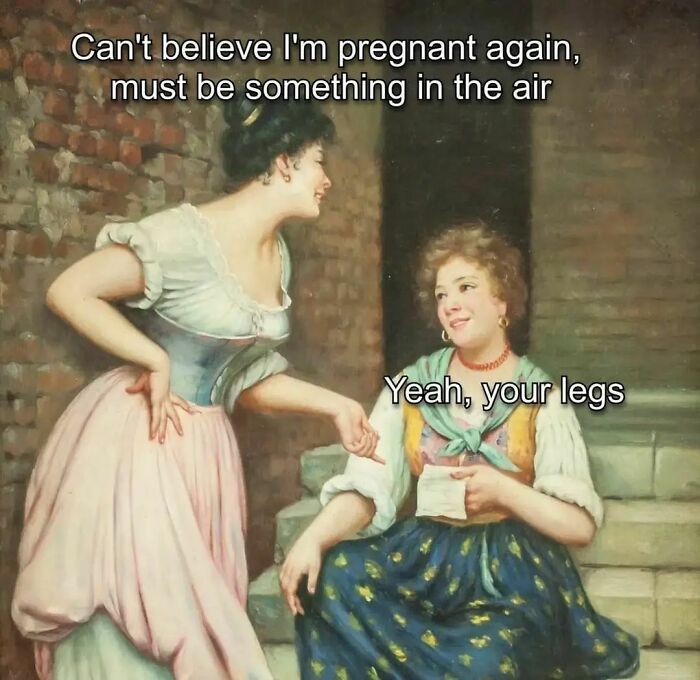
Image credits: classicalfuk
#3
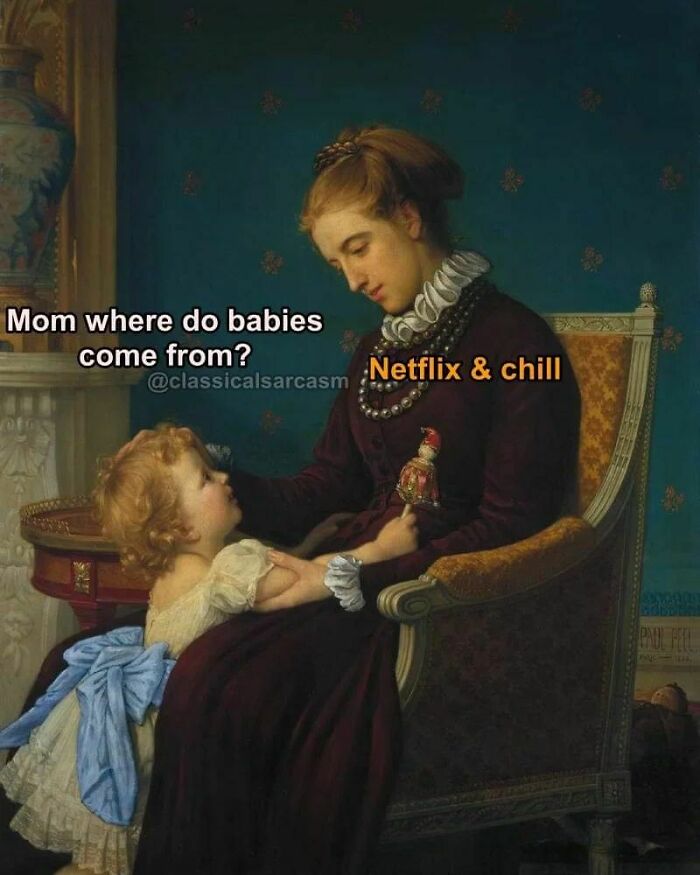
Image credits: classicalfuk
Depending on what subjects paintings depict, art can actually make us feel a whole range of emotions. For example, a drawing of a peaceful landscape may evoke tranquility and serenity in us. Meanwhile, a painting of a violent scene may leave us horrified and disgusted.
Despite the latter, the emotions that art evokes in people are mainly positive. In a study on how viewing art affects feelings, Professor Lauri Nummenmaa from the University of Turku, Finland, found that “Even though many of the pieces handled sad or scary topics, the emotions that the people experienced were mainly positive.”
#4
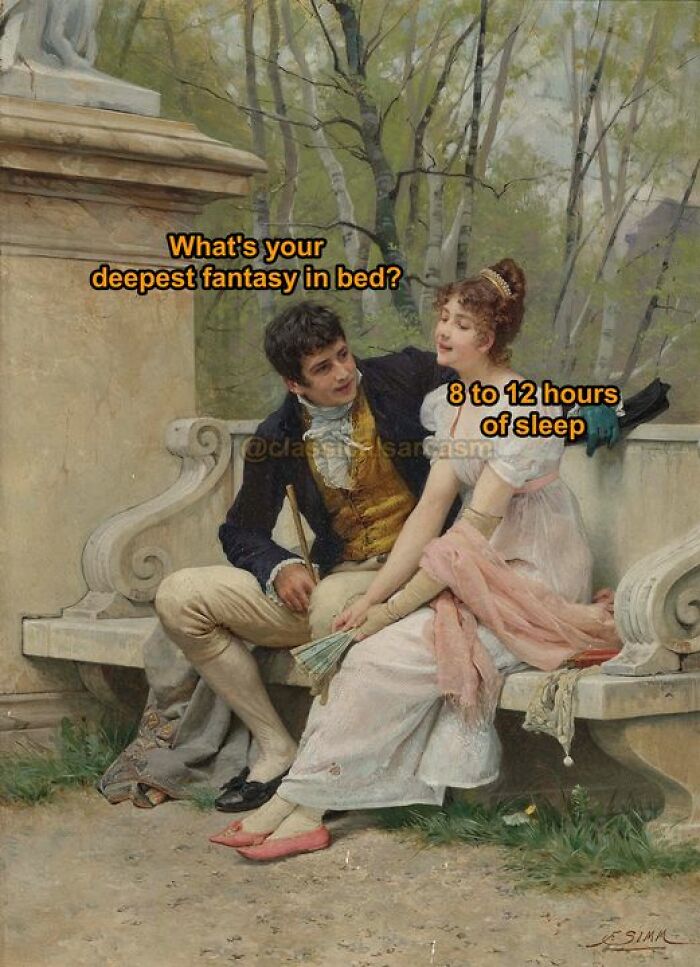
Image credits: classicsarcasm
#5
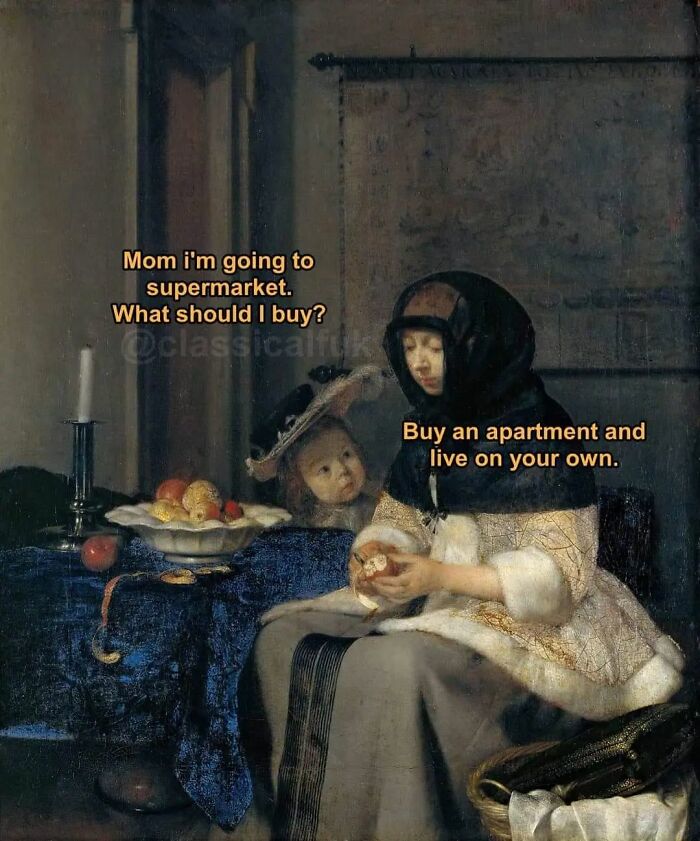
Image credits: classicalfuk
#6
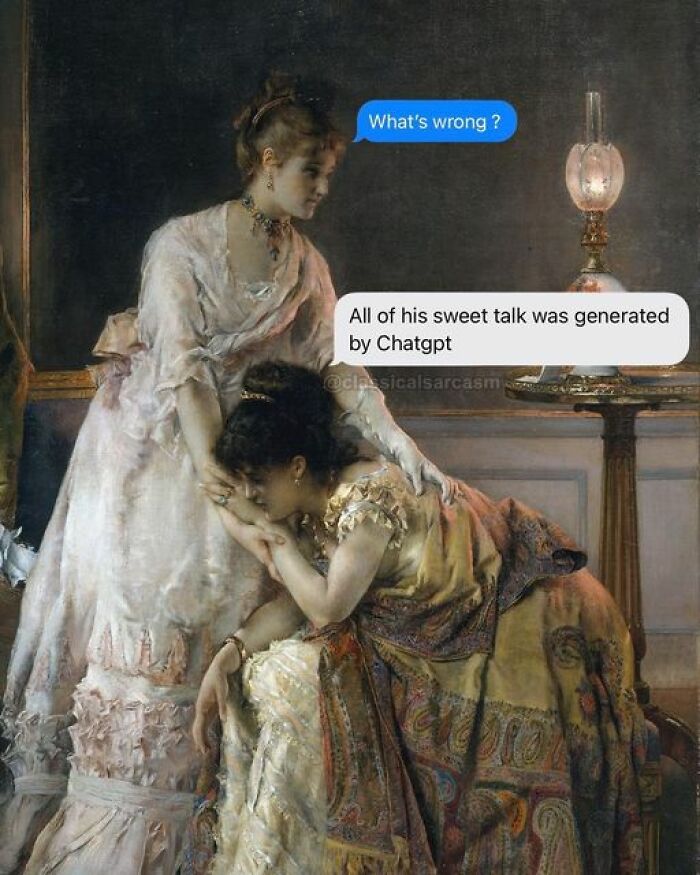
Image credits: classicsarcasm
One reason why our brains are happy when we view these creations is because they allow us to take our minds off overwhelming and stressful things. Taking five minutes to really look and think about the piece, its colors, the landscape, and its objects makes people instantly feel better.
#7

Image credits: classicsarcasm
#8
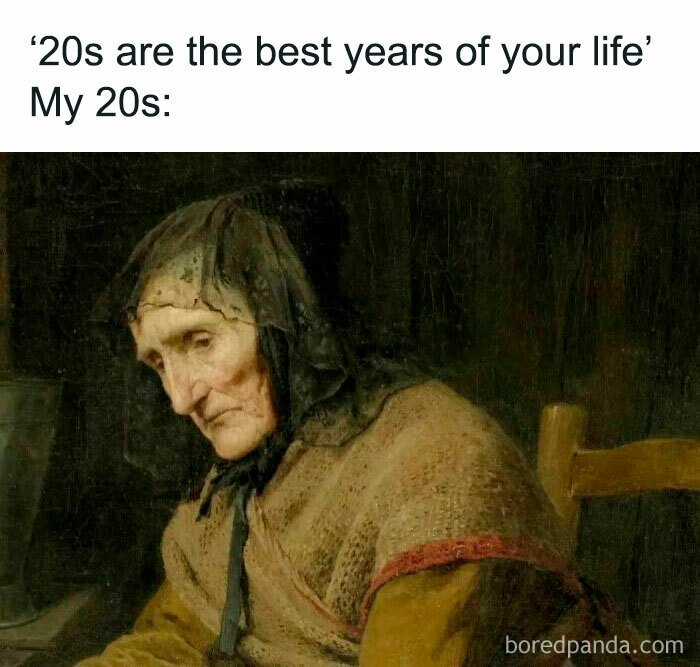
Image credits: classicalfuk
#9
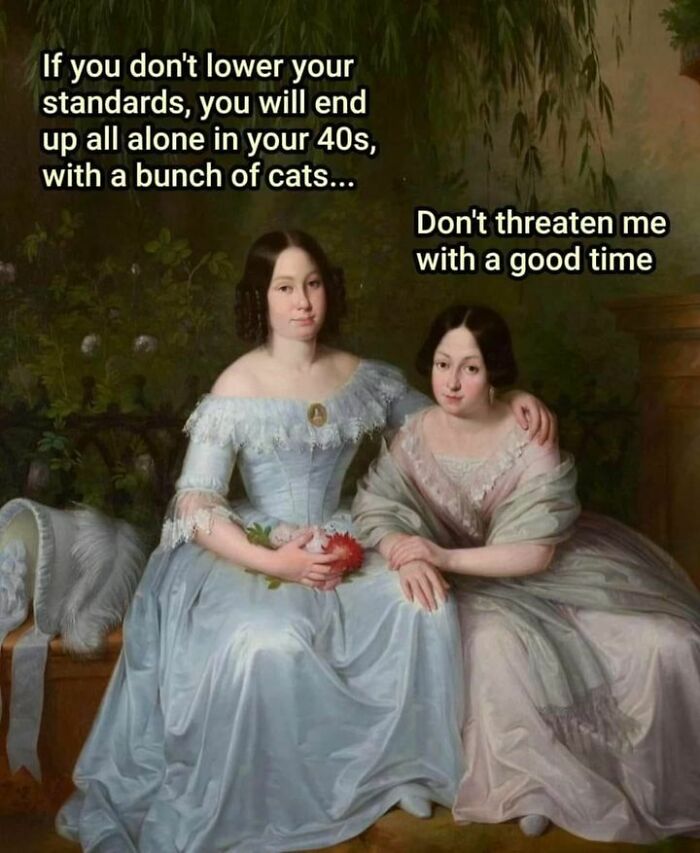
Image credits: classicsarcasm
It can also be the effect of the immediate release of dopamine we get when we see artwork that is beautiful to us or the fact that it makes us feel like we’re transported to another time, giving us some time to escape from everything.
#10
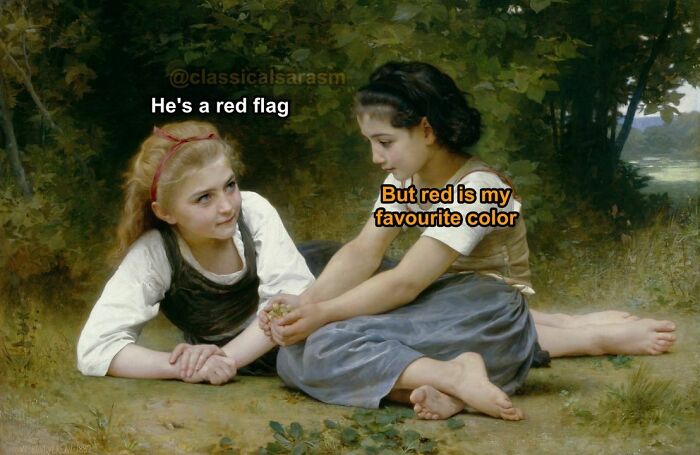
Image credits: classicsarcasm
#11
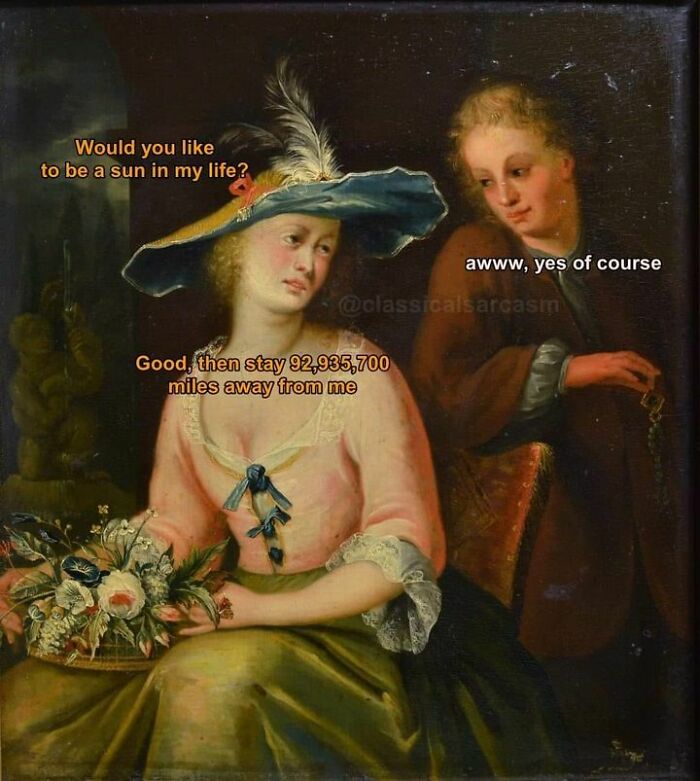
Image credits: classicsarcasm
#12
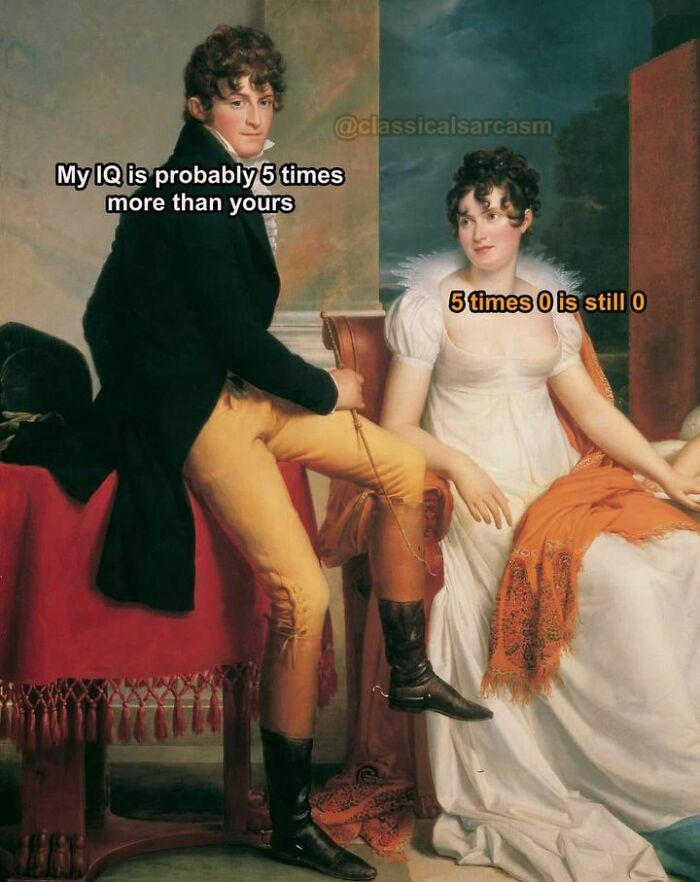
Image credits: classicsarcasm
In the meantime, it provides some exercise for our brains, too. When our eyes gaze upon it, our mind instantly starts looking for patterns, shapes, and anything else that could be familiar to us, making us feel more connected to the piece. Even if we can’t decipher it, our nogging continues to operate, trying to find meaning in what is in front of us.
#13
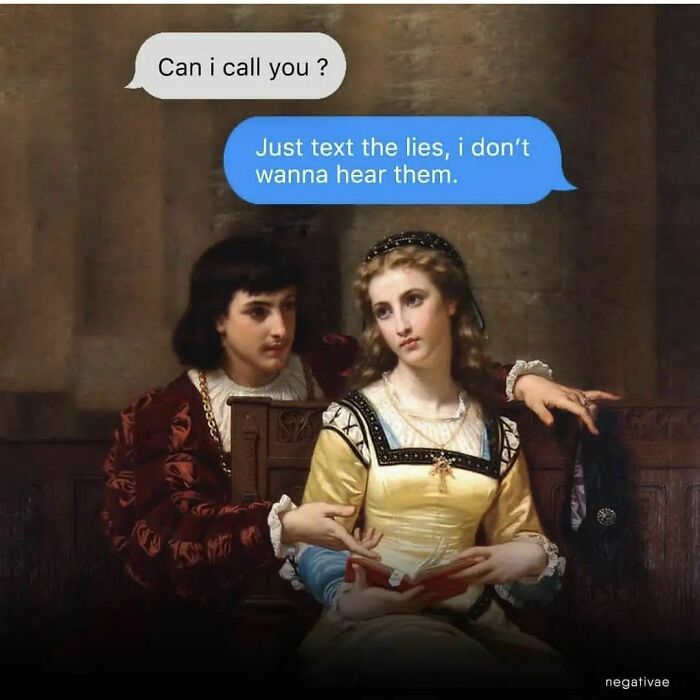
Image credits: classicalfuk
#14
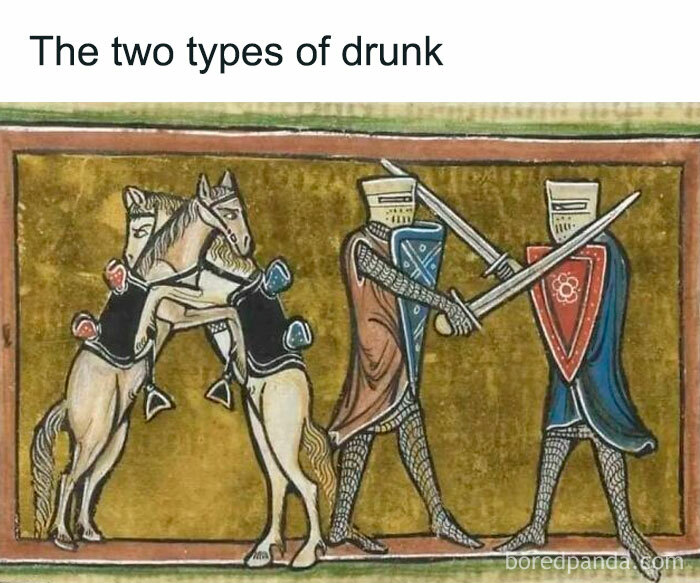
Image credits: classicalfuk
#15
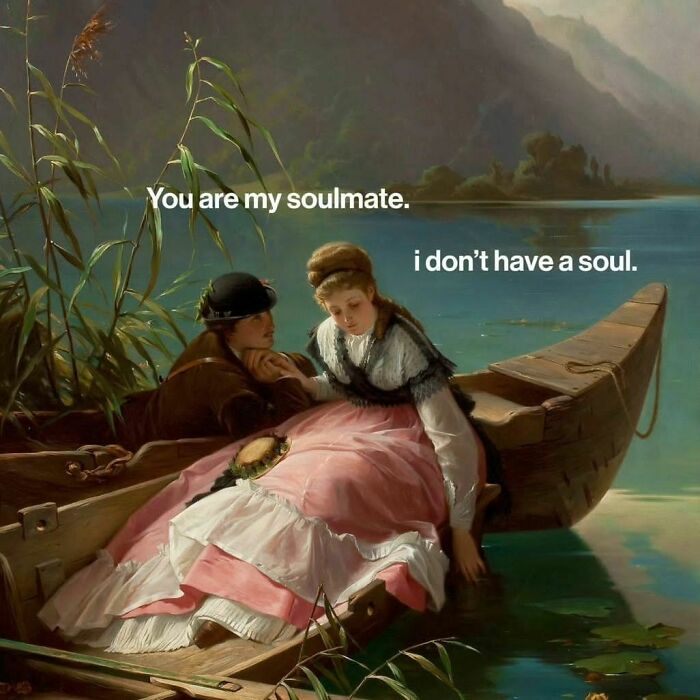
Image credits: classicalfuk
It was even found that a single hour in a museum changed the way visitors thought and felt. The participants of the study exhibited improved critical thinking skills, increased empathy for people of the past, and improved tolerance for people different from themselves.
#16
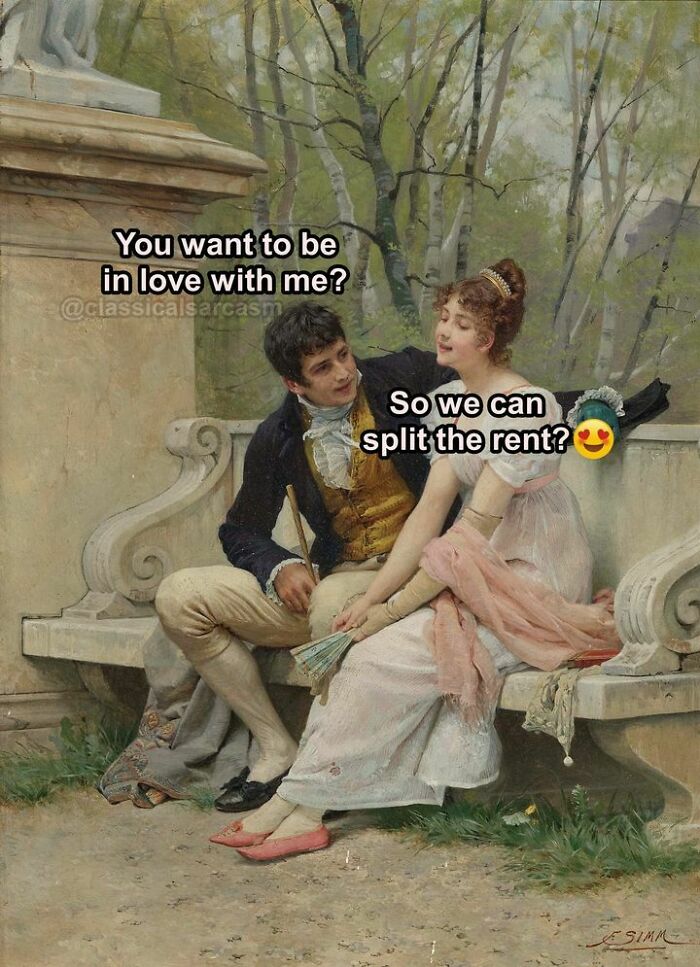
Image credits: classicsarcasm
#17

Image credits: classicsarcasm
#18
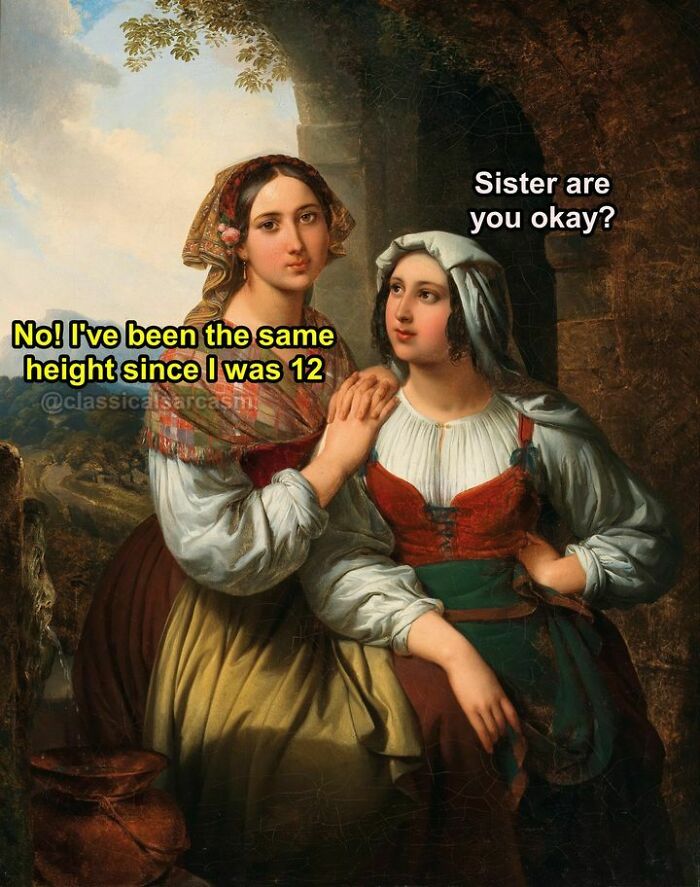
Image credits: classicsarcasm
Those who make art themselves often benefit even more from its positive effects. The boost in creativity it gives might be the main reason why. "Creativity in and of itself is important for remaining healthy, remaining connected to yourself and connected to the world," explains Christianne Strang, a professor of neuroscience.
#19
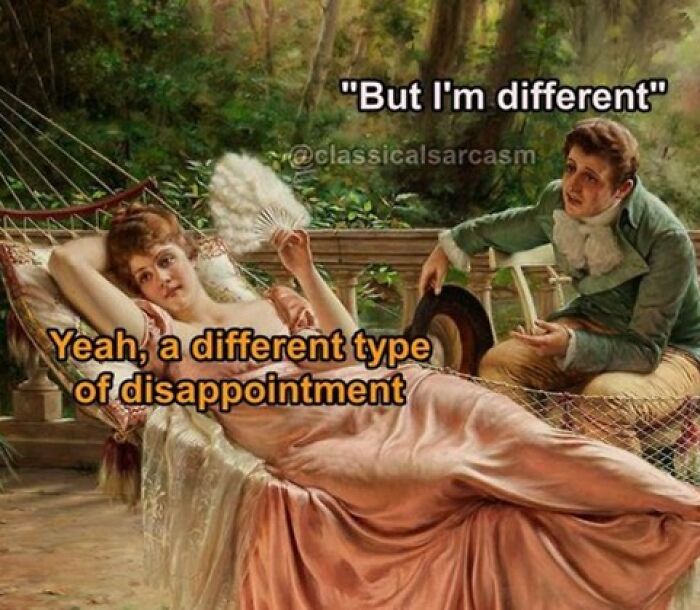
Image credits: classicsarcasm
#20
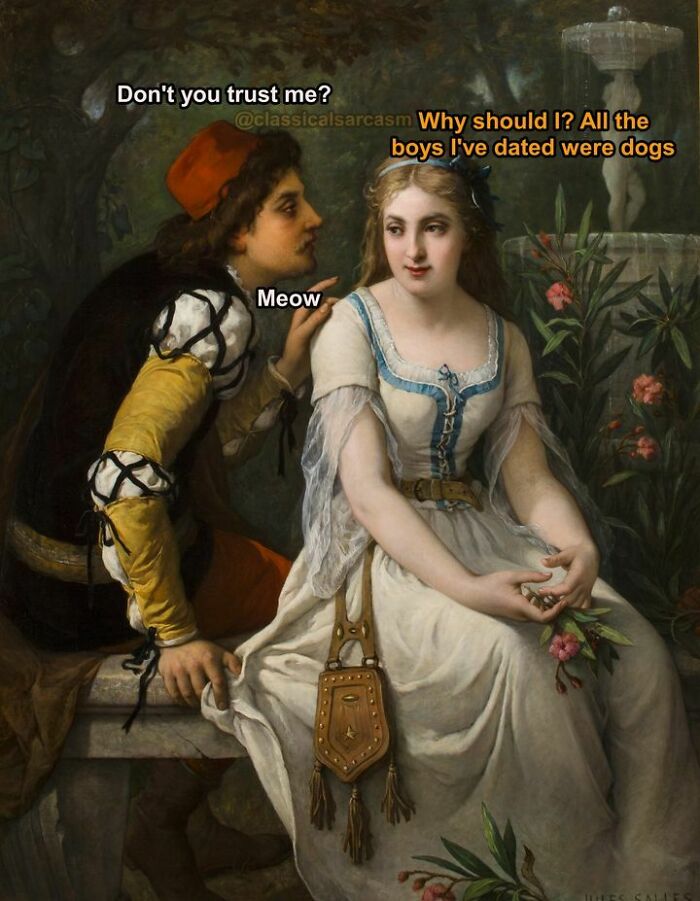
Image credits: classicsarcasm
#21
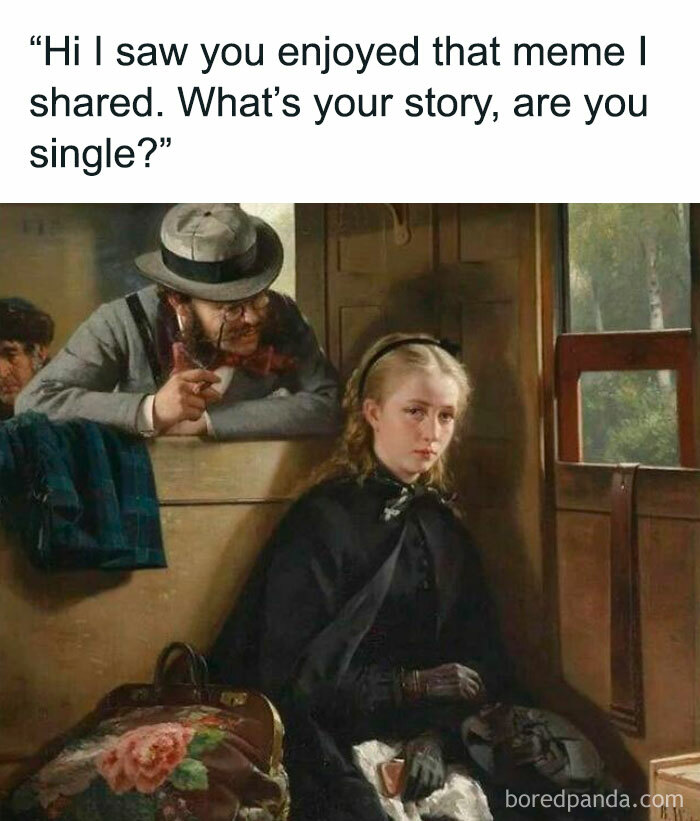
Image credits: classicalfuk
This extends to every type of visual creative expression, such as collaging, sculpting, writing, decorating baked goods, knitting, scrapbooking, you name it. "Anything that engages your creative mind — the ability to make connections between unrelated things and imagine new ways to communicate — is good for you," says Girija Kaimal, a researcher in art therapy.
#22

Image credits: classicsarcasm
#23
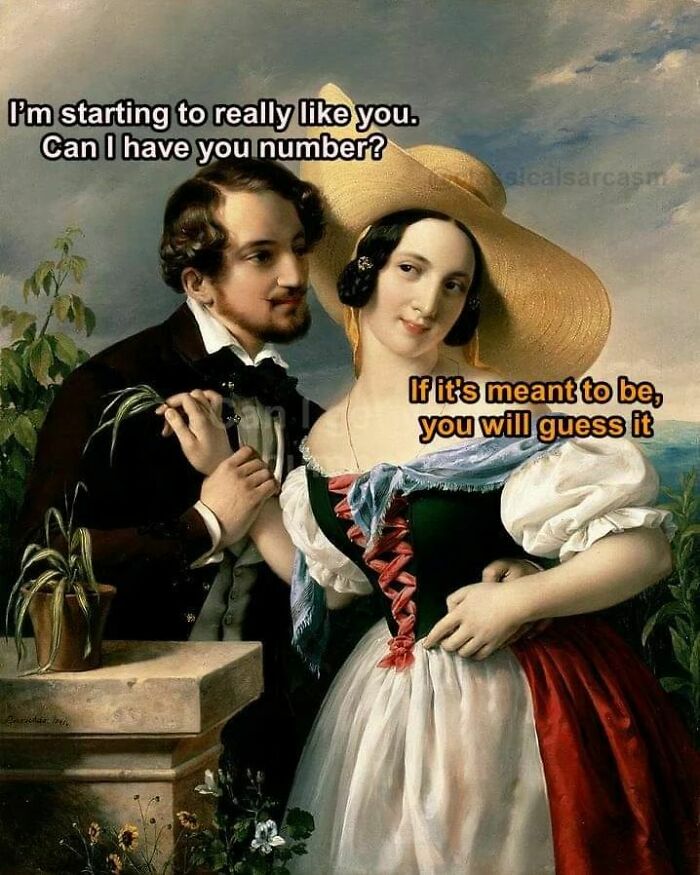
Image credits: classicalfuk
#24
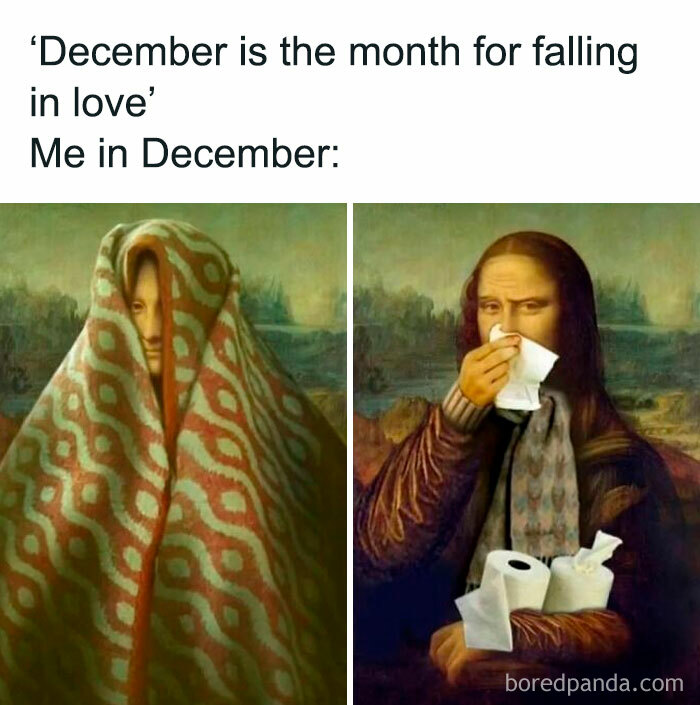
Image credits: classicalfuk
Even though a person might not be the most skilled at drawing or sculpting, visual expression still activates our brain’s reward centers, which makes us feel good. Kaimal and her colleagues found increased blood flow to this part of the brain when participants were making art. This led them to suggest that getting hands-on with such crafts could even benefit people with health conditions like addictive behaviors, eating disorders, or mood disorders.
#25
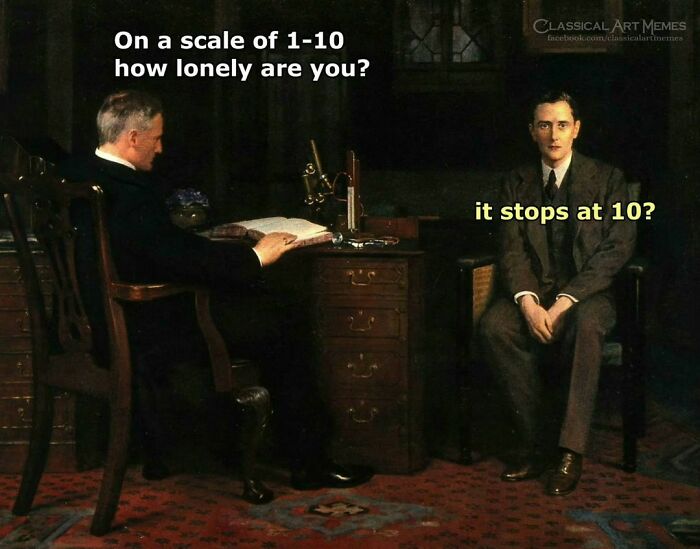
Image credits: classicalfuk
#26
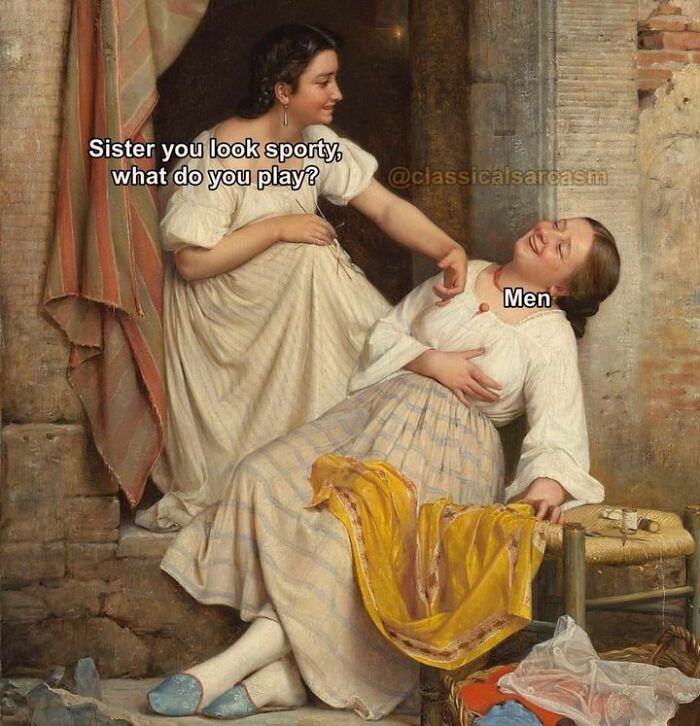
Image credits: classicsarcasm
#27
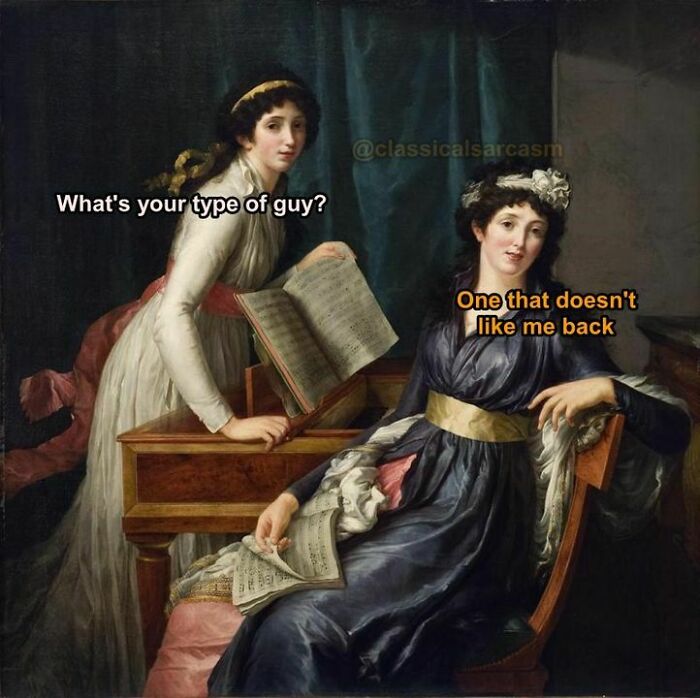
Image credits: classicsarcasm
Strang notes that if a person is going through serious mental health distress, they should turn to a professional art therapist. However, when an individual is making art to boost their creativity, decrease anxiety, and adopt new coping skills, she says that they certainly should allow themselves to do that. Following lines, shapes, and colors lets people put their emotions into something concrete and visual—a sort of cleansing we can’t achieve with words alone.
#28
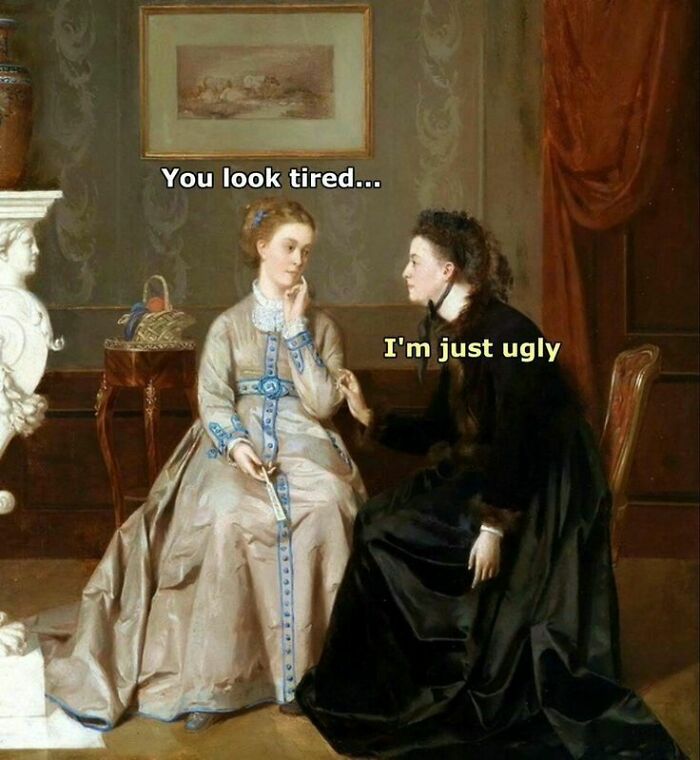
Image credits: classicalfuk
#29
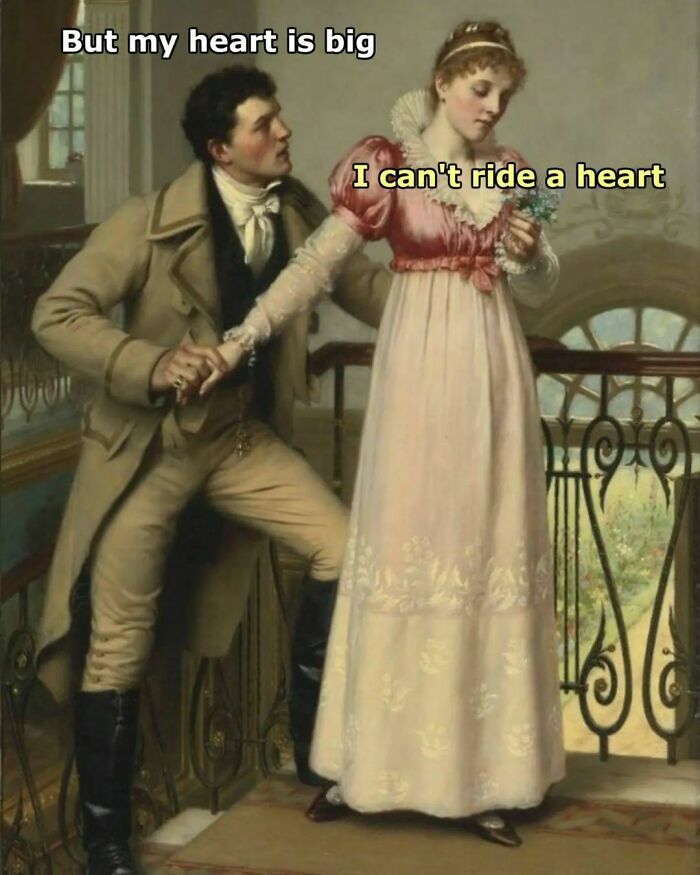
Image credits: classicalfuk
#30
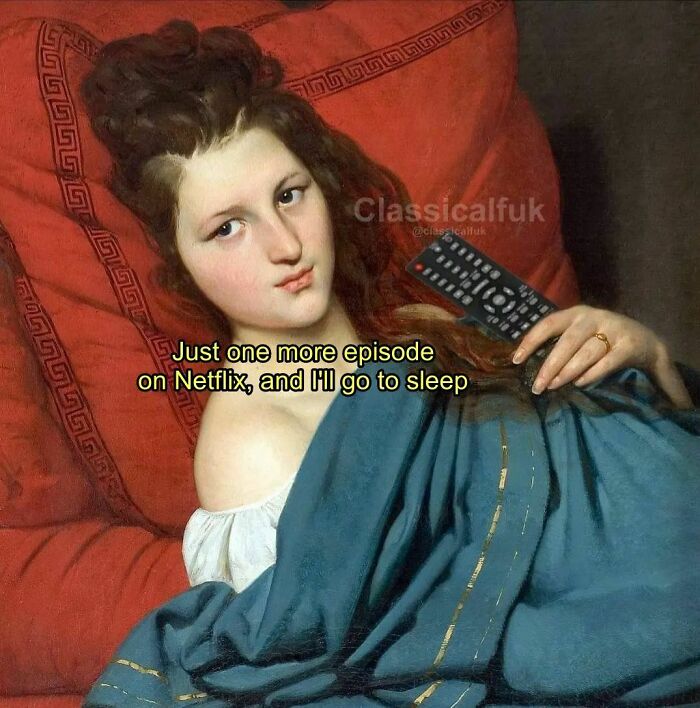
Image credits: classicalfuk
#31
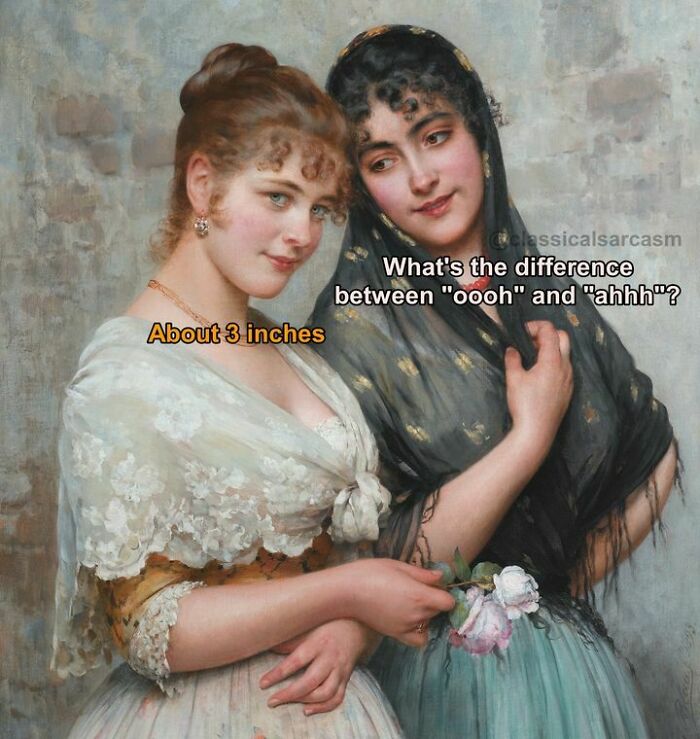
Image credits: classicsarcasm
#32
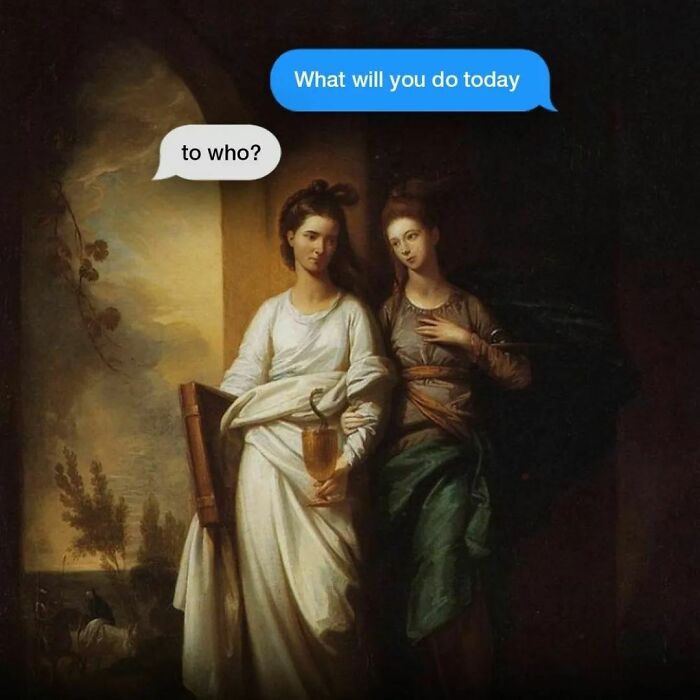
Image credits: classicalfuk
#33
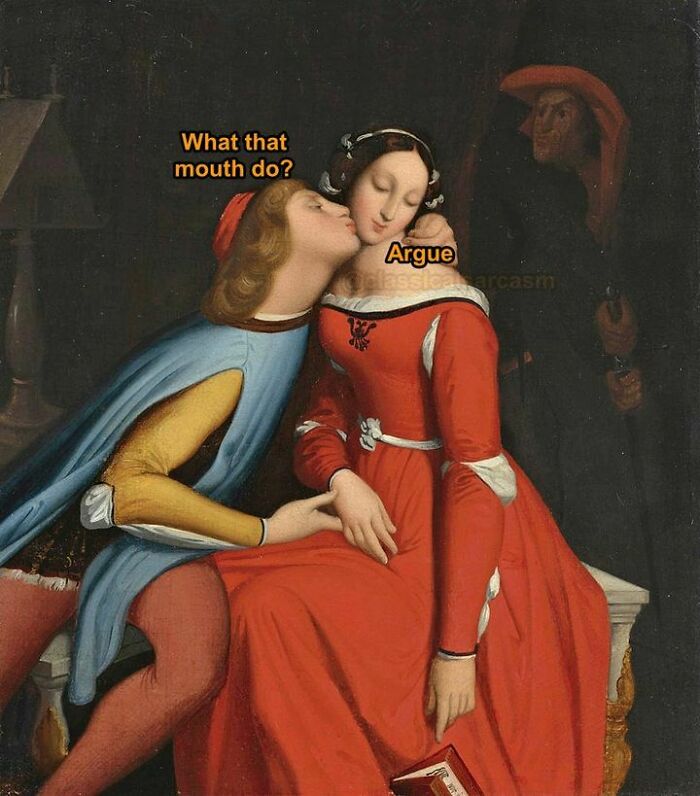
Image credits: classicsarcasm
#34
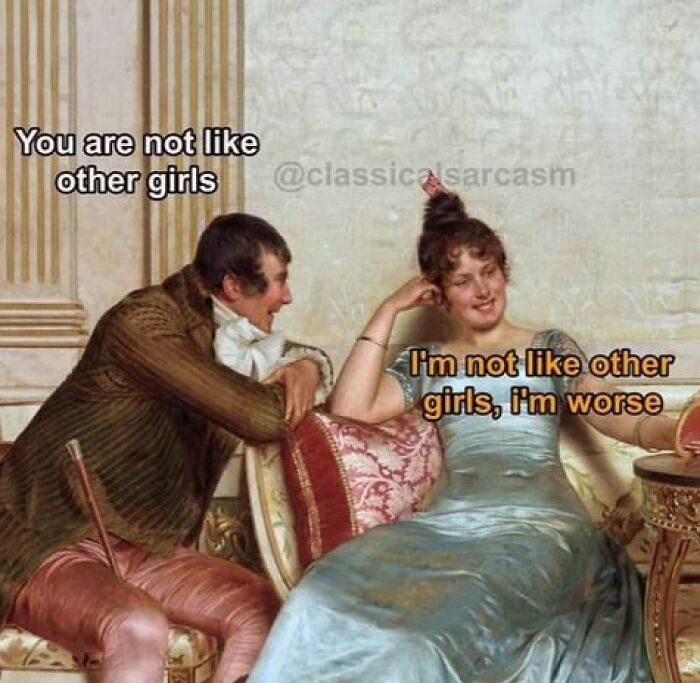
Image credits: classicsarcasm
#35
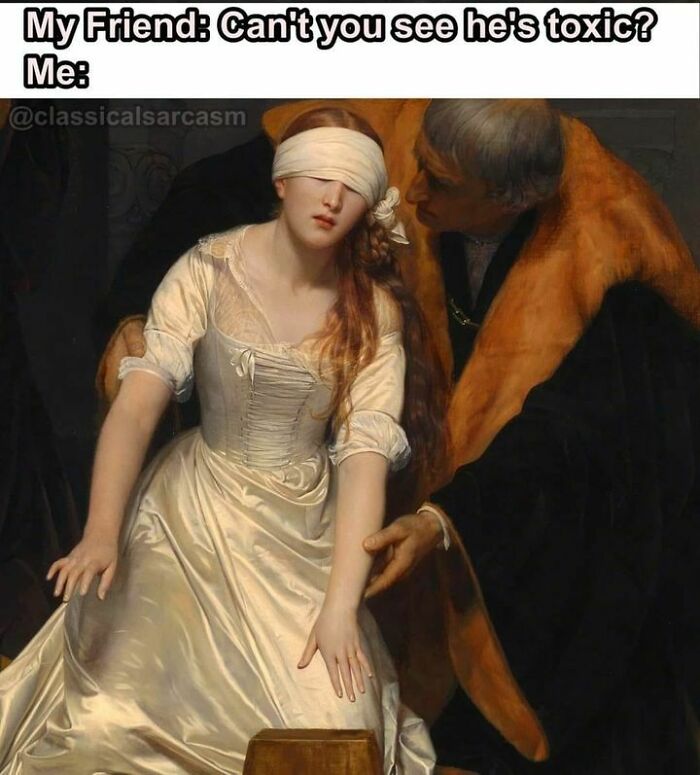
Image credits: classicsarcasm
#36
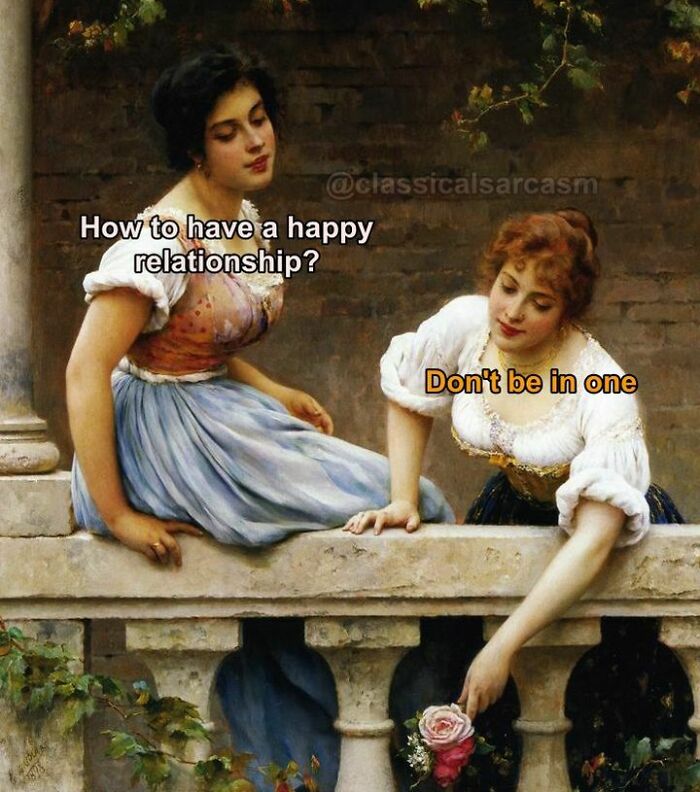
Image credits: classicsarcasm
#37
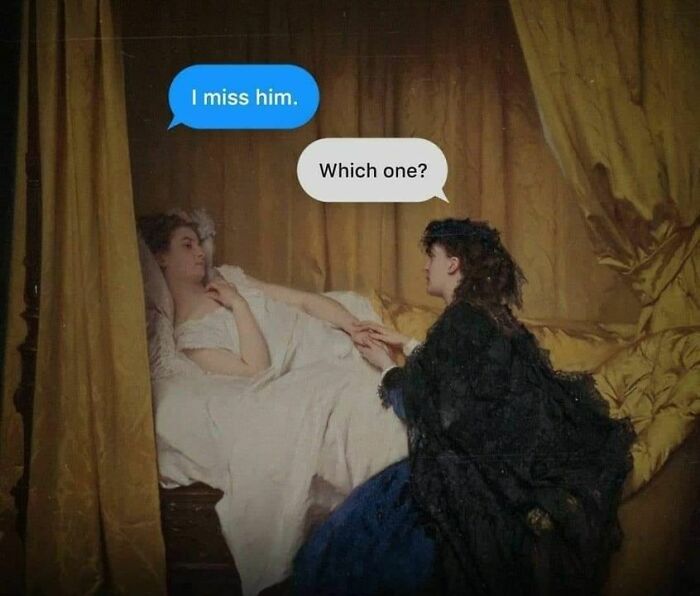
Image credits: classicsarcasm
#38
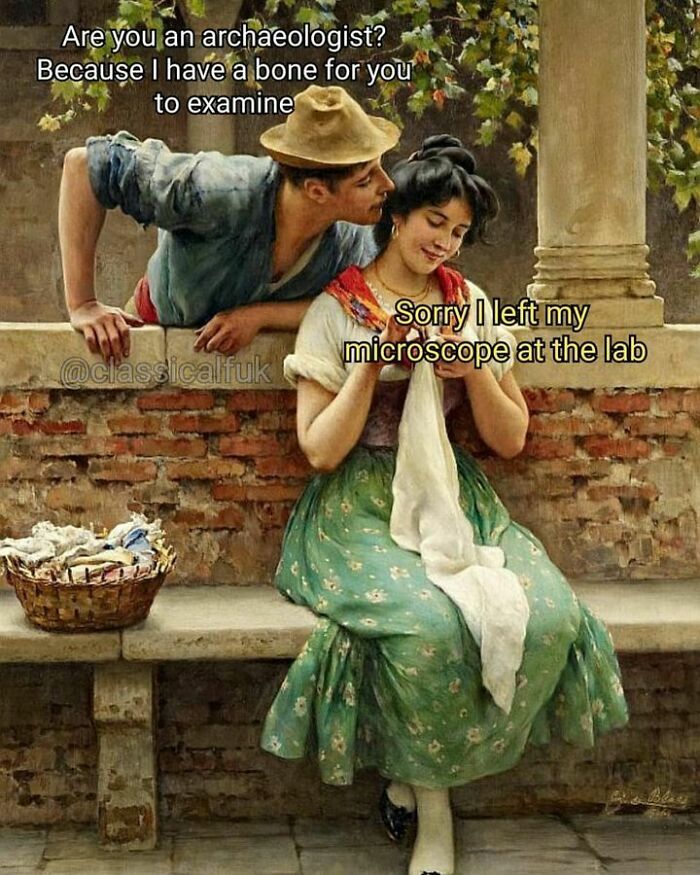
Image credits: classicsarcasm
#39
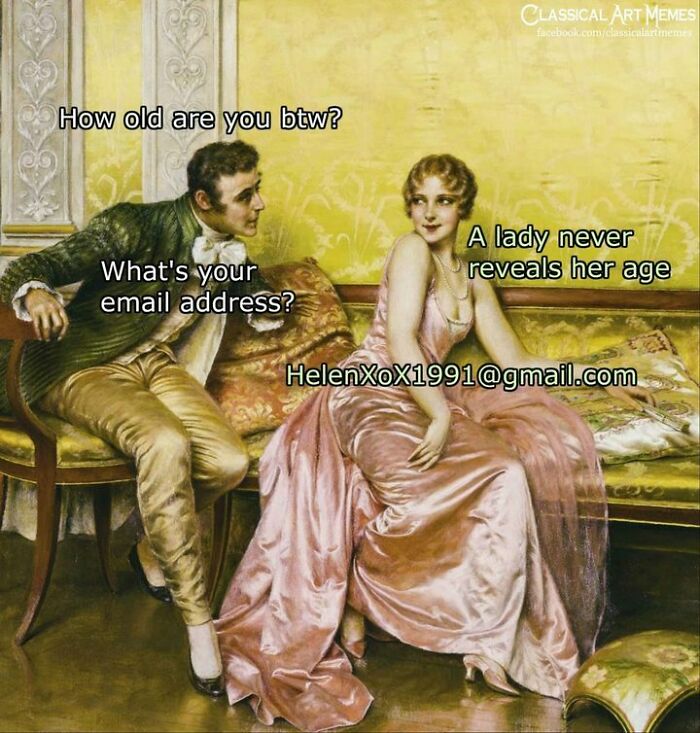
Image credits: classicsarcasm
#40

Image credits: classicalfuk
#41
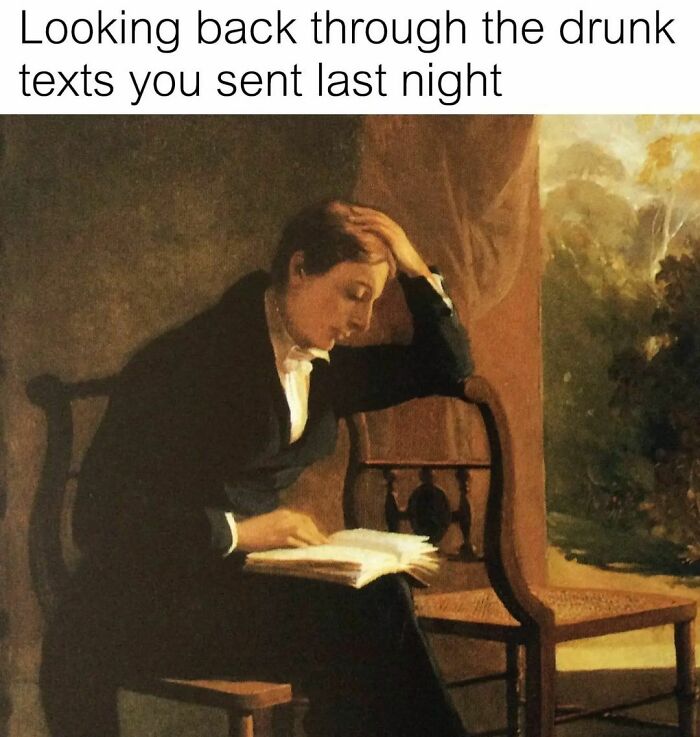
Image credits: classicalfuk
#42
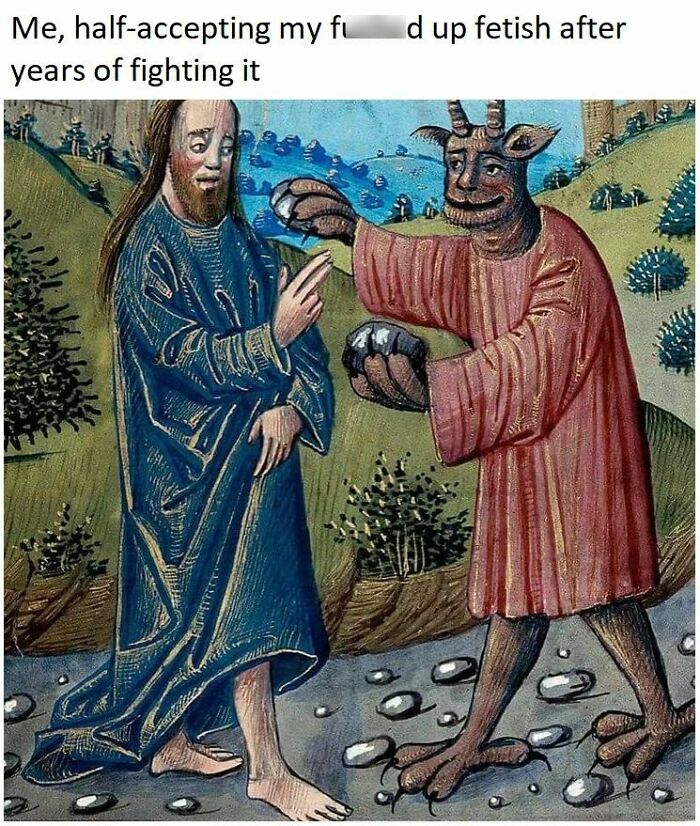
Image credits: classicalfuk
#43
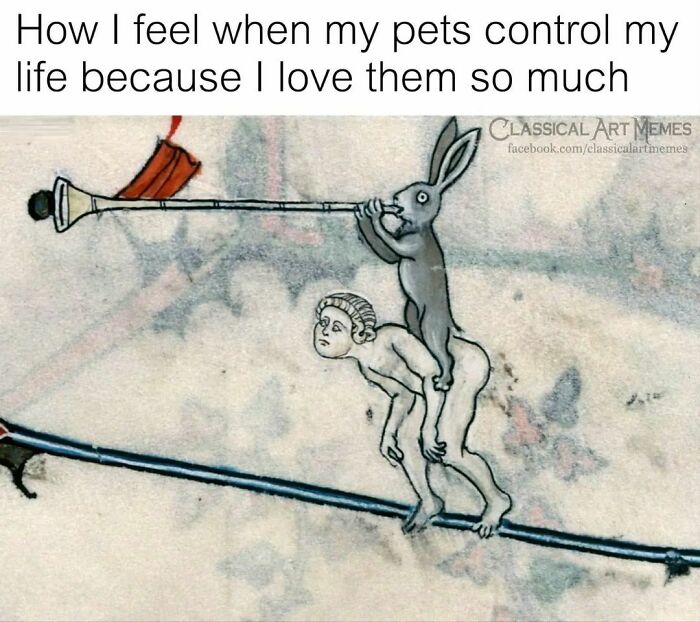
Image credits: classicalfuk
#44
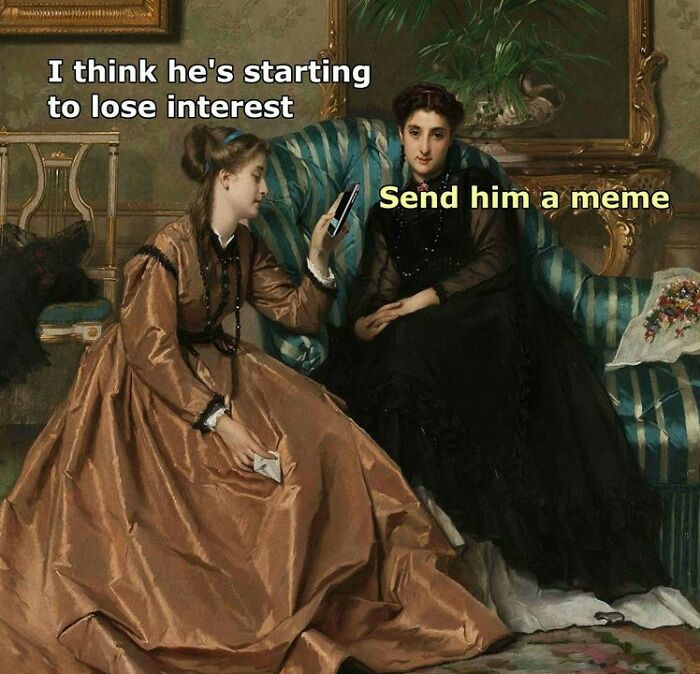
Image credits: classicsarcasm
#45
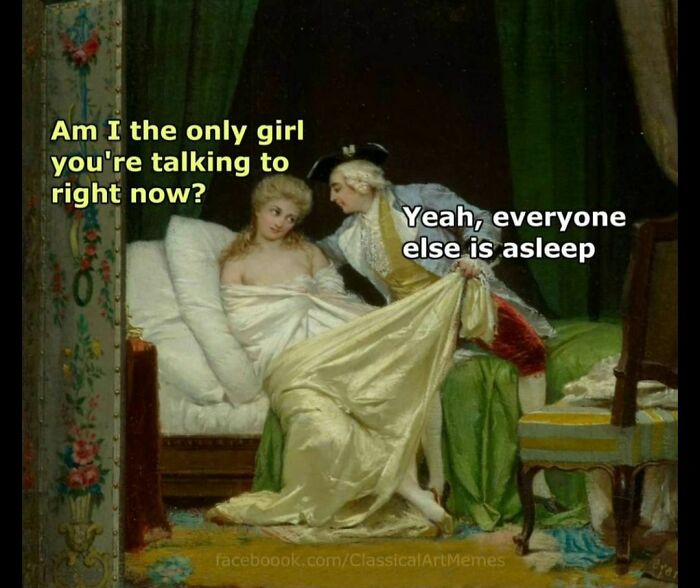
Image credits: classicalfuk
#46
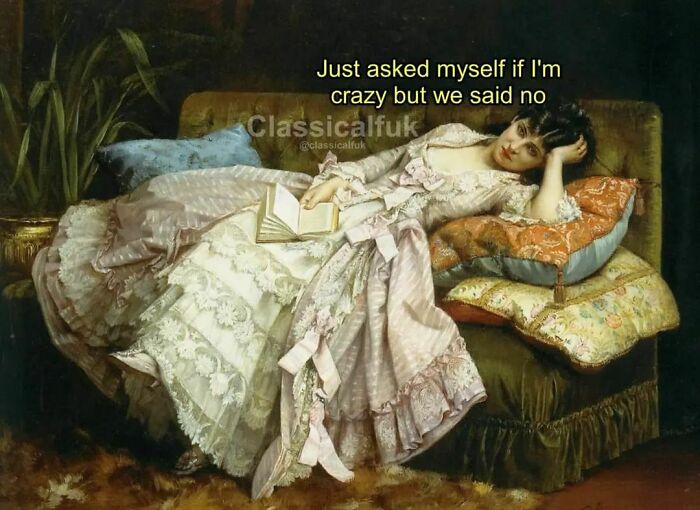
Image credits: classicalfuk
#47
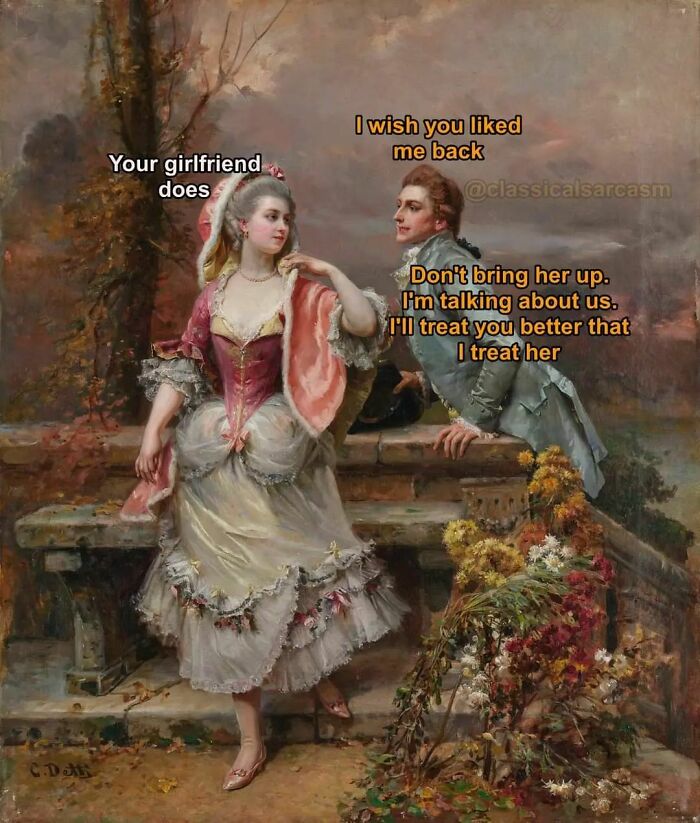
Image credits: classicalsarcasm
#48
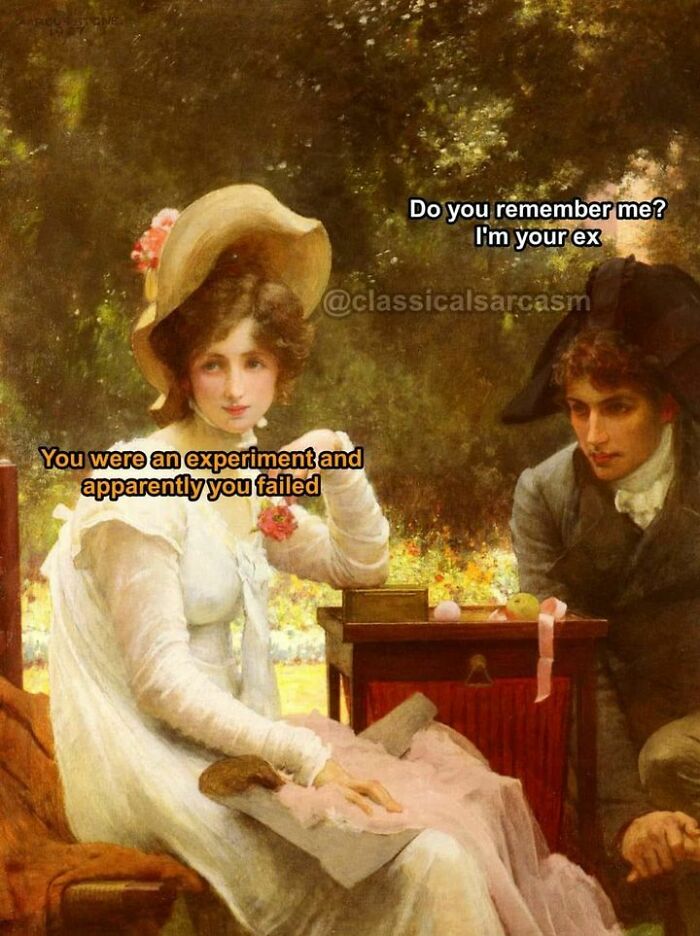
Image credits: classicsarcasm
#49
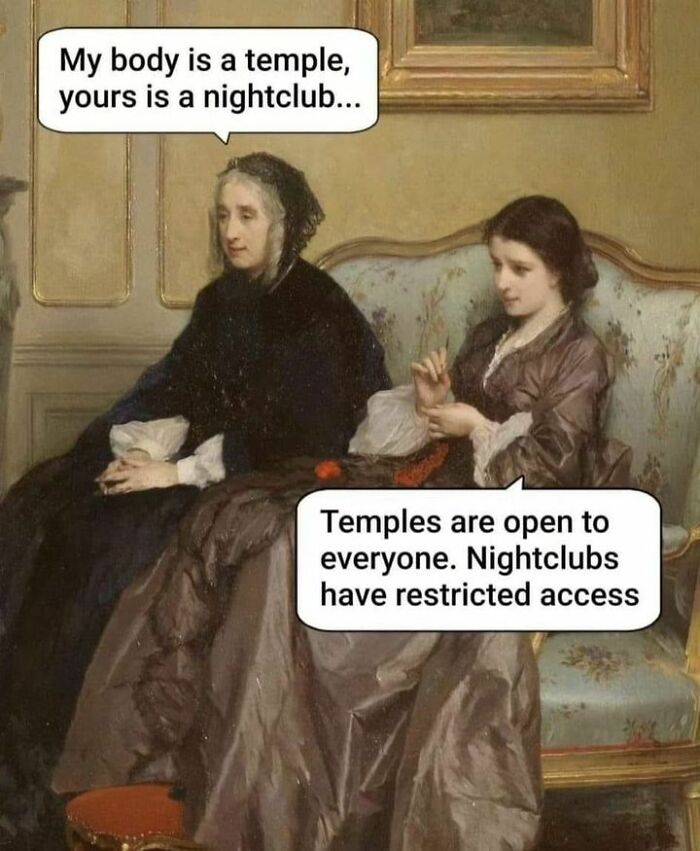
Image credits: classicsarcasm
#50
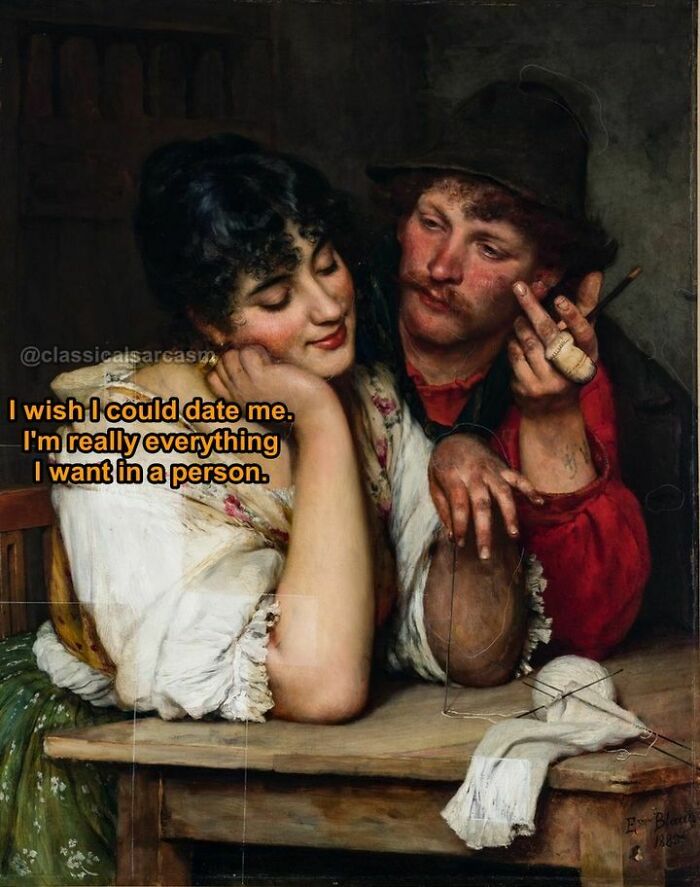
Image credits: classicsarcasm
#51
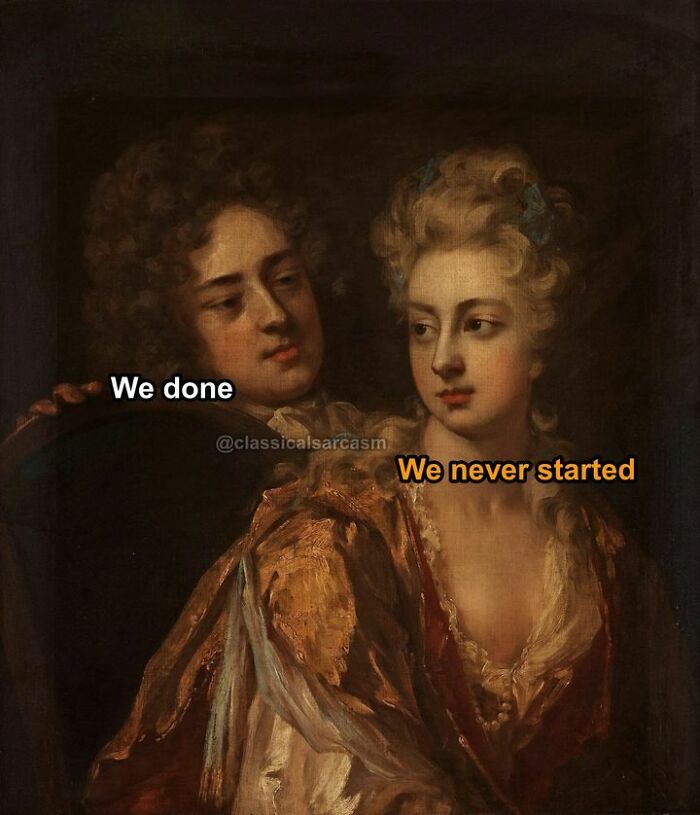
Image credits: classicsarcasm
#52
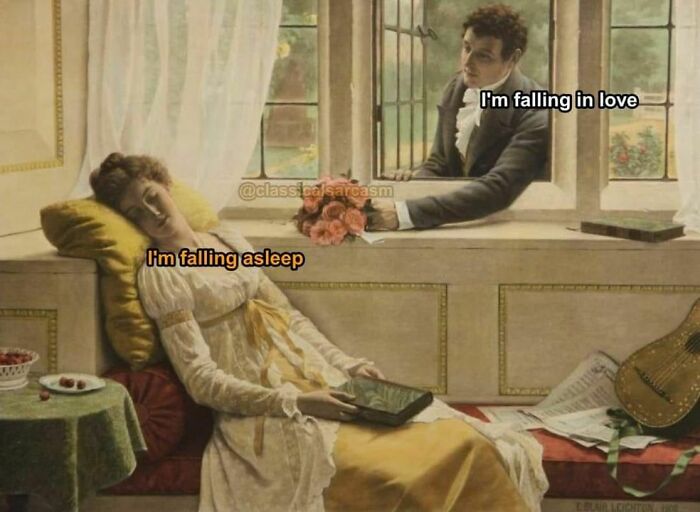
Image credits: classicsarcasm
#53
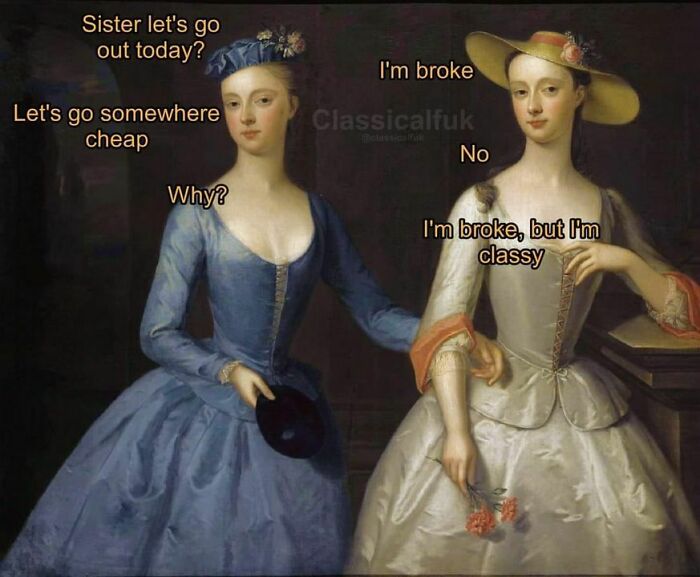
Image credits: classicsarcasm
#54
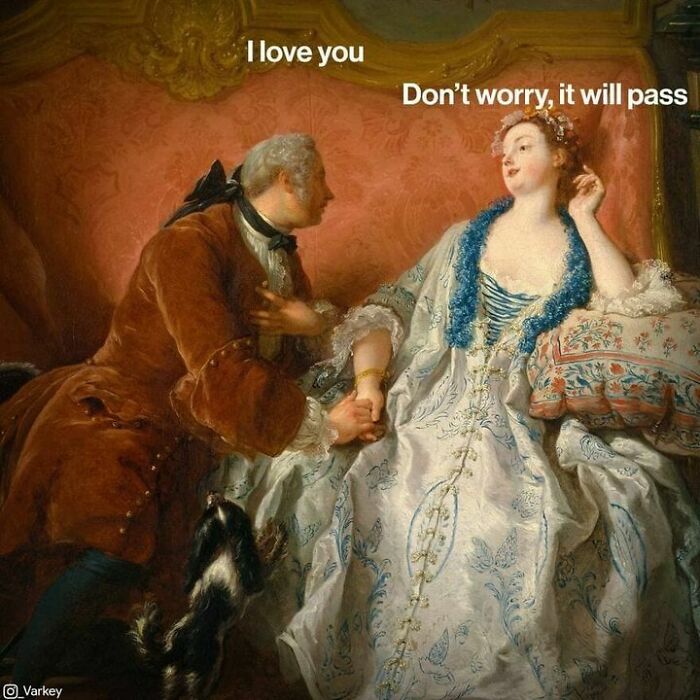
Image credits: classicsarcasm
#55
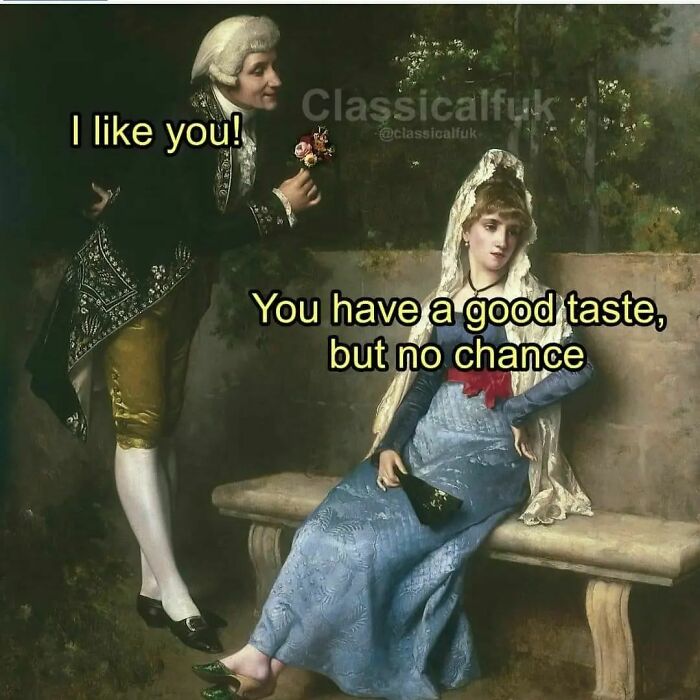
Image credits: classicalfuk



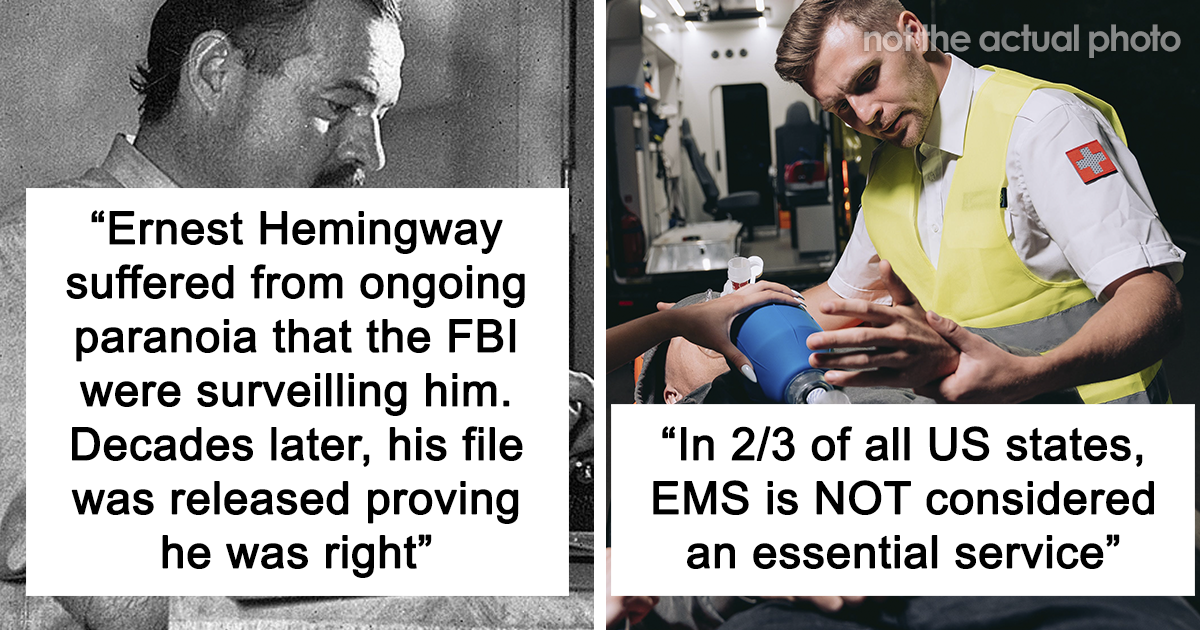

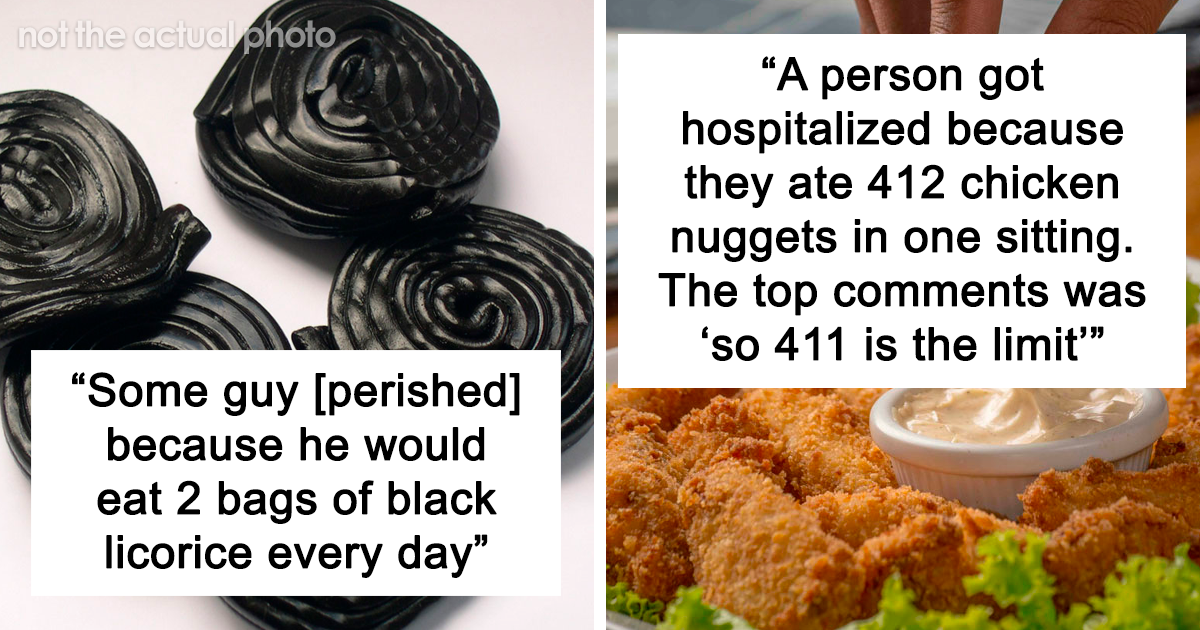






 English (US) ·
English (US) ·